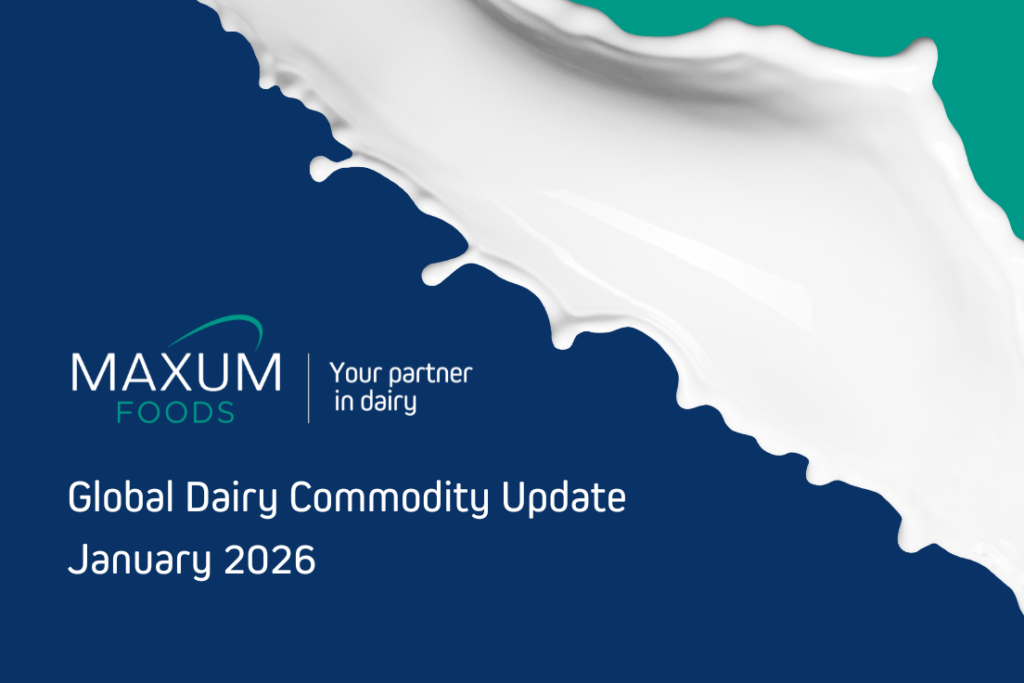AUSTRALIA’S 1.6 million dairy cows are blissfully oblivious to the extraordinary five-way corporate battle raging in the nation’s $4 billion dairy sector as they chomp on green pasture.The only inconvenience is being herded into the milking shed at the ungodly hour of 4am. But their milk, and the products made from it, are being vigorously fought over by big companies jostling for position in a looming corporate carve-up.
Those companies want to be in the prime spot to make bigger profits from the expected rising demand for dairy products from consumers in Asia over the next few decades.
“Dairy Australia estimates the number of dairy farms in Australia has tumbled from 22,300 in 1982 to below 6770 now”
The New Zealand dairy giant Fonterra is the latest into the fray, spending $46 million snapping up a 6 per cent stake late on Thursday night in Bega Cheese, which is listed on the Australian Securities Exchange.
Bega, with its headquarters on the NSW coast, has itself been an aggressor, and owns 18 per cent of Victorian group Warrnambool Cheese and Butter (WCB).
Bega made the first move in the latest round of corporate manoeuvring, launching a takeover bid for WCB, which has a large factory at Allansford in Victoria’s south-west, on September 12.
Murray Goulburn Co-operative, based in Victoria, is Australia’s largest dairy exporter and owns 17 per cent of WCB. It made a takeover bid for WCB at $7.50 per share in mid-October. Canadian dairy group Saputo is also in the mix. It made a bid for WCB of $7 per share in early October and raised it to $8 per share on October 25, outdoing the Murray Goulburn bid.
Japanese food and beverage giant Kirin Corporation charged into the battle on Tuesday, with its Australian business unit Lion Co snaring a 10 per cent slice of WCB.
Kirin is already a large player in the Australian dairy and consumer goods sector, with brands including Coon and Cracker Barrel cheese, Dairy Farmers and Pura milk, Berri fruit juice and Tooheys and XXXX Gold beer.
“When I need to reflect, I wander down to my dairy and milk my cows”
Bega executive chairman Barry Irvin has a unique perspective, and is a fifth-generation dairy farmer. Pulling on a cow’s udder on his farm is perfect relief from the high-stakes corporate activity.
“Normally when I need to reflect, I wander down to my dairy and milk my cows. And that gives me enough time to reflect and enough time to think about what’s important in this supply chain,” he says.
The five-way brawl over major strategic assets at the corporate end of Australia’s dairy sector has a certain irony to it. Many of the farmers toiling away on their dairy farms, mainly in the southern parts of Australia, are under pressure themselves and battling to maintain their own profits at a farm level.
This is at a time when seemingly stratospheric prices are being offered for the corporate entities that process their milk and make the dairy products sold by retailers or exported overseas.
David Basham, who runs a dairy farm with 450 cows at Mt Compass, about an hour from Adelaide, says he’s staggered at the level of corporate activity. “I’m absolutely amazed,” he said on Friday.
Basham says it’s a tough life, with the first milking beginning at 4am each day and no respite throughout the 365 days of the year.
“It’s been tough through the drought and the low prices we’re getting. It’s long hours.”
Basham’s dairy farm has been in the family since the 1890s. To still be a player in an industry which has undergone major rationalisation is increasingly unique.
Dairy Australia, the industry body, estimates the number of dairy farms in Australia has tumbled from 22,300 in 1982 to below 6770 now.
“SADA Fresh is a move … to try and snare more of the profits themselves”
Basham and some of his counterparts aren’t sitting back, however, as downward pressure continues on the prices they receive for milk.
They have banded together to set up their own brand of processed milk being sold in 50 Coles supermarkets in SA under the SADA Fresh label.
The SADA Fresh venture is a move by the South Australian Dairyfarmers’ Association, of which Basham is president, to try and snare more of the profits themselves, with farmers sharing in a 20 cents per litre royalty from each two-litre container sold.
SADA Fresh, processed at a local factory owned by Italian giant Parmalat, has been available for a little over a week in the Coles outlets. Basham says there’s both good and bad news.
“A number of stores have sold out, and people are frustrated that there isn’t stock there,” he says.
But SADA Fresh is a tiny brand in the overall landscape.
One of the big forces shaping the industry in the past few years has been the advent of private-label brands set up by the dominant supermarket chains, Coles and Woolworths.
The prices paid by shoppers for their milk has plummeted if they choose to buy private-label brands from the dairy section in their local supermarket.
But the strong negotiating power of the retailers has in turn resulted in milk processors having to bid aggressively to secure these private-label contracts, which then puts pressure on their own profitability.
Kirin, through its Lion subsidiary, will next year lose an annual supply contract of around 200 million litres per year with Coles in the eastern States, after losing out to Murray Goulburn for the $2 billion private-label milk contract.
Neither Fonterra nor Kirin are likely to make official takeover bids for Bega or WCB respectively, and have snared their stakes to protect existing strategic and commercial interests.
Fonterra has a licensing agreement that it entered into with Bega in 2001, where Fonterra markets the Bega Cheese brand in Australia and has a substantial supply contract for cheese.
Kirin also moved to protect its interest with its share raid on WCB. The Cracker Barrel and Coon cheeses are made by WCB at its factory at Allansford, and then wrapped and packaged at a Lion plant next door before being transported to retailers.
Source: Queensland Country Life – FarmOnLine





